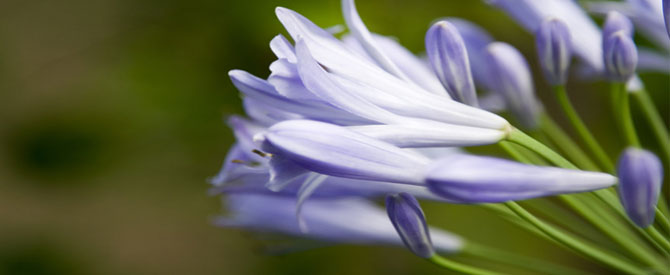Each of us is a soul with lessons to fulfil in this lifetime. Our relationships are precious opportunities to express the divinity of our soul.
Through our relationships we learn, we grow, we evolve and move on to newer and greater experiences in future lifetimes.
Our closest relationships bring us the greatest joy, but they also often bring us the most sorrow.
This is because we end up spoiling our relationships with judgements, expectations and worst of all, we form very strong attachments to the closest people in our lives.
My guru, Swami Chinmayananda describes these attachments as “clinging” attachments. It is our clinging attachments that hinder our soul’s progress.
Clinging Attachments
You may be wondering don’t we naturally get attached to those whom we love? What’s the difference between attachment and love?
Attachment and love express the same feelings but with one important difference – attachment is love with strings attached while pure love is unconditional, without any strings.
In attachment, we rely on the ones we love for our sense of well-being, for making us feel proud and good about ourselves. Sometimes, we even rely on them to give us our sense of identity. For example, a mother may feel lost and without purpose when her children grow up and move away.
Attachments breed dependency, a false sense of security and bring tension in a relationship. So, it is only natural that they invariably cause sorrow.
In true love, there is no dependency nor expectations, just a genuine desire to love and give. It helps us and those whom we love, to grow.
The love doesn’t diminish no matter what happens. We fully accept the other person, giving him the space and respect to live his life, make his own decisions and even mistakes. So we free ourselves and others when we love.
Remedies for Attachments
We have chosen to incarnate with others to help us fulfill our life lessons in this lifetime. When we die, we will move on to other experiences in other lives. Any lingering attachments to our loved ones could stand in the way of our soul’s onward journey and ultimate goal.
How do we truly love without being attached to our loved ones?
Swami Chinmayananda advises us to see each other as fellow travellers on the journey of life. He tells us to imagine sitting next to a kind passenger on a plane journey.
You are polite, friendly and helpful to each other. You have a great conversation, he helps you find your way around the entertainment system and you make way for him when leaves his seat. When you arrive at your destination, you cheerfully shake hands and part your ways. You don’t get attached because you know you will be parting.
In the same way, to cultivate rewarding relationships and to achieve a higher purpose, we should give and love freely, without getting attached to our loved ones. We know that we will be parting one day. And when that day comes, we can do so with greater ease and the soul can move on to new experiences and higher lessons.
It’s important to keep in mind that we are spiritual beings on an evolutionary journey through lifetimes.*
Unfolding the beauty of our soul
So while relationships cannot continue, the lessons that we learn through them continue and help us unfold the beauty of our soul. This is the higher purpose of our relationships.
Like this post? Sign up for the free fortnightly Spiritual Solutions Newsletter and receive the latest articles, news and updates in your email inbox!
*To understand why you are a spiritual being, you may enjoy::
Proof that you are a spiritual being Part 1
Proof that you are a spiritual being Part 2
Proof that you are a spiritual being Part 3














Great article “the higher purpose of relationships” I really enjoyed it. Thanks for sharing your wisdom and knowledge with us.
I feel blessed to be learning from these teachings.
Kelly Konstantopoulos
http://www.knaturals.com
Hi Kelly, So happy that you are enjoying the articles! Like you, I feel so blessed to be learning from the wonderful teachings of Vedanta. It feels extra good to be able to share them with others.